*Look for links to audio clips throughout!Books go high-techMonday, December 10, 2007
By EVELYN SHIH
STAFF WRITER

When Jennifer Hicks went to a book fair recently, she made the mistake of asking attendees if they had ever "read an audiobook." Paper-and-ink book lovers would bristle and reply coldly, "No, we prefer to read real books."
Technically, the traditionalists are right: You consume an audiobook by listening to it, whether that involves popping a CD into a stereo, loading an MP3 file to your portable audio player or picking up a single-use audiobook player. Although most audiobooks stick closely to the source text -- the "real books" -- there is no visual component for the reader to follow. There are no pages to fold or spines to break.
"Some people get really offended," said Hicks, CEO of audiobook lending company Jiggerbug. (Listen to a clip from
Walter Mosley's "Blonde Faith.")
Like the mail-order DVD rental service Netflix, Jiggerbug and competitor Simple Audiobooks sell monthly subscriptions that entitle customers to choose from a selection of titles.
Another alternativeAudiobooks aren't the only high-tech challenge to the humble paper book. E-books -- or, books read on electronic devices like the Sony Reader and the Amazon Kindle -- are beginning to play well with commuters and other customers who like the convenience of having a relatively light, portable library.
Where to find audiobooks
• Audible.com: Subscription service with audiobooks, radio archives and new shows (also try: iTunes store).
• Store.playawaydigital.com: Find locations to buy Playaway devices or buy directly.
• Bccls.org: Reserve, search for or download audiobooks in Bergen County libraries.
• Jiggerbug.com: A rental program similar to Netflix (also try: simplyaudiobooks.com).
* * *
Where to find e-books
• Amazon.com: Kindle files.
• eBooks.connect.com: Files for your Sony Reader.
• Mobipocket.com: E-books for PDAs, smart phones and the Amazon Kindle.
Is this the beginning of the end for the printed book? Not yet. With $24.2 billion in sales in 2006, according to the Association of American Publishers, the traditional book industry still dwarfs audiobook and e-book sales. But if you are simply seeking to engage with the content of books, regardless of format, technology is providing alternatives.
The audiobook is beginning to pick up momentum. Although older books are being published in audio at a slower rate, it would be difficult to find a new book on the New York Times Bestseller list without an audiobook counterpart. Their sales amounted to $923 million last year, according to the Audio Publishers Association.
"Generally, they come out the same day," said Megan Fitzpatrick, spokeswoman for the audiobook division of the Hachette Book Group. One of Hachette's most recent successes in both print and audio is
Stephen Colbert's "I Am America (And So Can You!)."
Colbert's audiobook -- the narration credit on the cover says "shouted by the author" -- is a great example of a multivoice audiobook, Fitzpatrick added. Although most audiobooks have been read by single narrators in the past, publishers are getting more creative: They've begun playing with additional voices, sound effects and even extra content featuring the author, much like extra features on a DVD.
Technology advances
The audiobook industry has been building for more than 10 years, with Audible.com, the leader in digital downloads, clocking in at 12 years old. By contrast, e-books are in a nascent stage, just five years old with sales of more than $20 million annually.
The question, now, is whether reader devices can be consumer-friendly enough to make the e-book a viable format. One product suggesting a bright future is Amazon's recently launched Kindle, a hand-held gadget capable of downloading and storing upward of 200 books and periodicals.
"From a design standpoint, we really looked at embracing everything we love about the physical book," said Charlie Tritschler, director of Kindle. The Sony and Amazon machines both use E-Ink technology, which simulates the experience of reading from paper. Color E-Ink screens are in development, so highly graphic books are rarely converted to an e-book version.
On the other hand, Amazon also "wanted to go beyond what the book can do," Tritschler added. "You can look up a word while you are reading, change the size of the print. A book can't become a newspaper, magazine or a blog. "
Digital rights issueIt is also possible, under an experimental program, to do basic Web browsing and to receive e-mailed files for further reading material. But will the Kindle's $399 price tag be too high a barrier for consumers?
A further problem that both audiobooks and e-books face is the question of copyright and digital rights management (DRM). The music industry already has been ravaged by illegal downloads and file sharing. Fearing the same, book publishers and authors have no interest in giving up their work to cyberspace.
(Listen to
"Stone Cold" by David Baldacci.)
"Our business would not have succeeded without digital rights management," said Beth Anderson, publisher and senior vice president at Audible.com. "In the music industry, most musicians make their money on tour or through selling T-shirts and other paraphernalia. So they can accept that their music is out there, because it helps to boost their revenue. But there really isn't an equivalent for authors."
While that may be true, audiobook listeners who want to use digital files are in a strange predicament. Audible.com and iTunes have partnered to allow audiobooks to be played on iPods. These files are only for purchase and not for lend. However, competing system OverDrive, which does lend files through libraries and companies like Jiggerbug, is not compatible with any Apple products -- including the iPod.
"There are issues with MP3 players, because our vendors who lend digital files use DRM, and you can't use them on iPods," said Arlene Sahraie, library services director for Bergen County Cooperative Library System. "That's the first thing that most people ask, because most people own iPods."
IncompatibilityInterested patrons can, however, use downloading stations at certain branch libraries to load content onto non-iPod MP3 players. Some branches even have a few compatible MP3 players to lend first-time users.
Another format has been popular, Sahraie added: the Playaway players. These are basic MP3 players, factory loaded with one audiobook and packaged to look like a palm-sized book.
(Hear a clip from
"One for the Money," by Janet Evanovich.)
Those less comfortable with technology also are more likely to enjoy the Playaway format, since it does not involve extra downloading steps and does not have compatibility issues, Sahraie added.
E-books also have a compatibility issue: Every time a new e-book device is released, there is a new digital file format, said Siobhan Padgett, spokeswoman for Hachette Digital Group. In January, Hachette will be one of the first publishing companies to shift to a universal file format called "epub"-- hopefully simplifying the process.
As the different formats evolve, we're getting closer to knowing how we will "read" on future commutes. But the turf wars, you might say, are to be continued.
E-mail: shih@northjersey.com
On the Web: Listen to samples from some audiobooks at northjersey.com/ betterliving
Copyright © 2007 North Jersey Media Group Inc.
 Judah Friedlander's comedy act is written across his yellow T-shirt in big, black print: World Champion. Every night that he does a show, he goes onstage and talks about being a great athlete and a role model for children.
Judah Friedlander's comedy act is written across his yellow T-shirt in big, black print: World Champion. Every night that he does a show, he goes onstage and talks about being a great athlete and a role model for children. Q. You've gotten a lot of critical attention for your role in 2003's "American Splendor." The persona that you have on the stand-up stage and on "30 Rock" is completely absent. Can you tell us how you got into this role?
Q. You've gotten a lot of critical attention for your role in 2003's "American Splendor." The persona that you have on the stand-up stage and on "30 Rock" is completely absent. Can you tell us how you got into this role?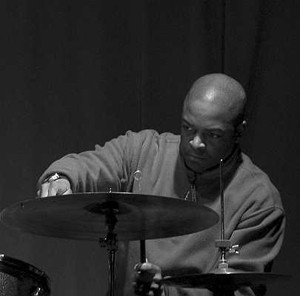






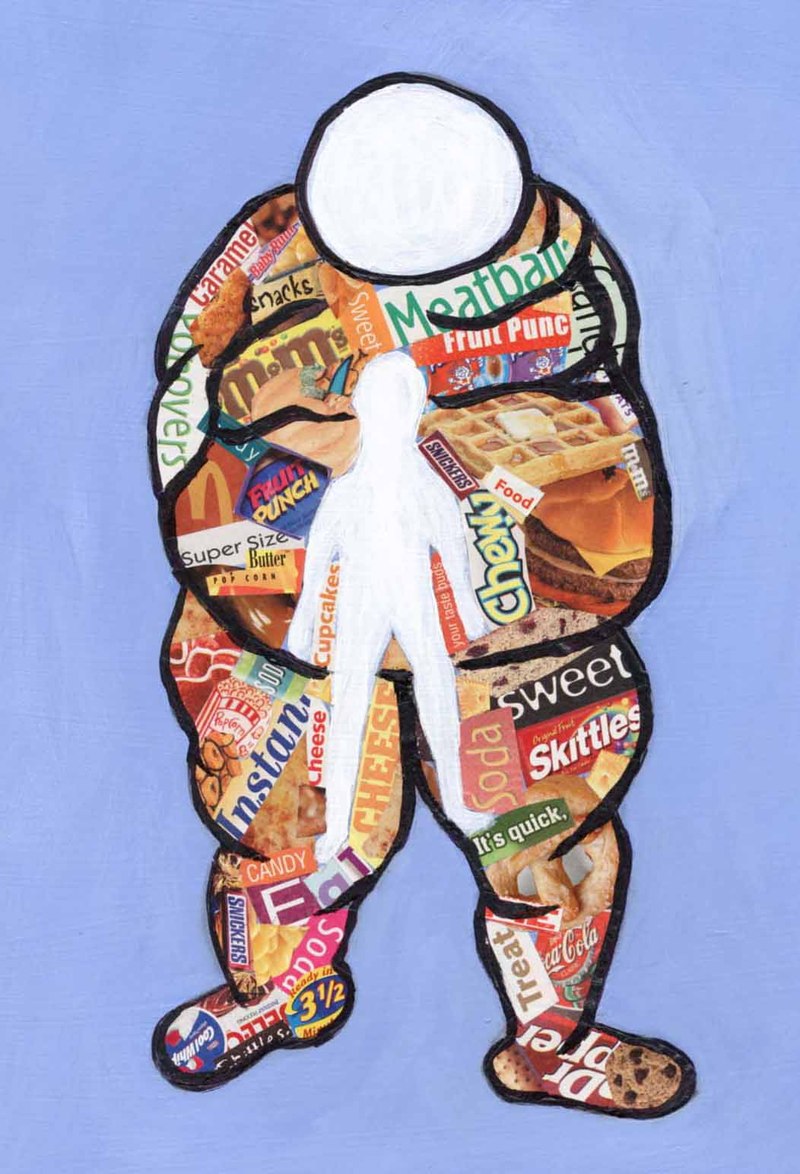


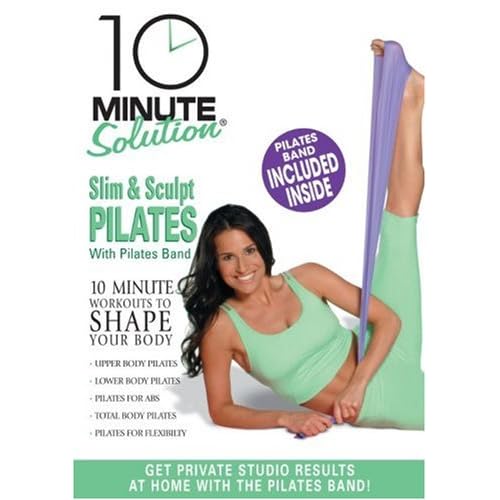
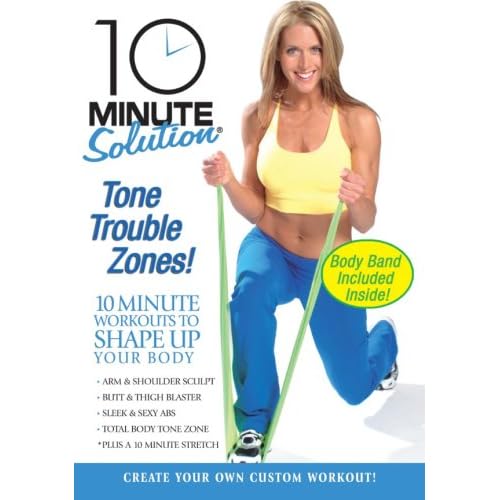
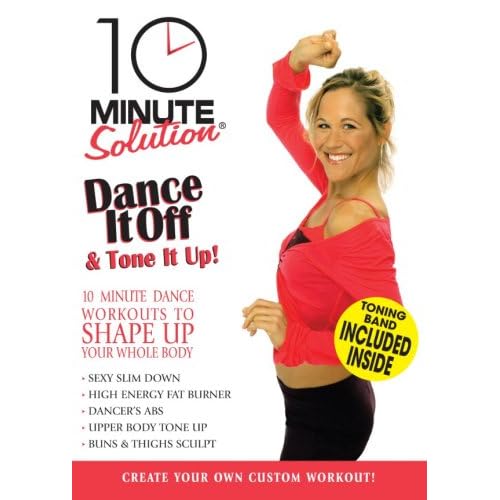

 Shhh -- don't tell. Jack Foley of Hoboken will probably get a Jump 'n Slide Bouncer from Little Tikes this year for Christmas. The 3-year-old's mom is in cahoots with friends and family, who will be chipping in to buy him the inflatable mesh-enclosed jumping toy.
Shhh -- don't tell. Jack Foley of Hoboken will probably get a Jump 'n Slide Bouncer from Little Tikes this year for Christmas. The 3-year-old's mom is in cahoots with friends and family, who will be chipping in to buy him the inflatable mesh-enclosed jumping toy. When dancers of the Alvin Ailey American Dance Theater ask if they should throw a little "West Side Story" flair into "The Road of the Phoebe Snow," a classic repertoire piece by choreographer Talley Beatty, rehearsal director Masazumi Chaya minces no words.
When dancers of the Alvin Ailey American Dance Theater ask if they should throw a little "West Side Story" flair into "The Road of the Phoebe Snow," a classic repertoire piece by choreographer Talley Beatty, rehearsal director Masazumi Chaya minces no words.